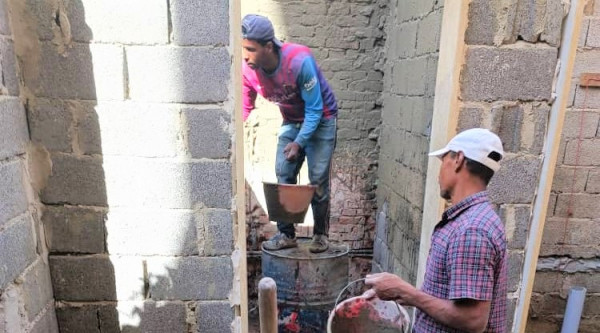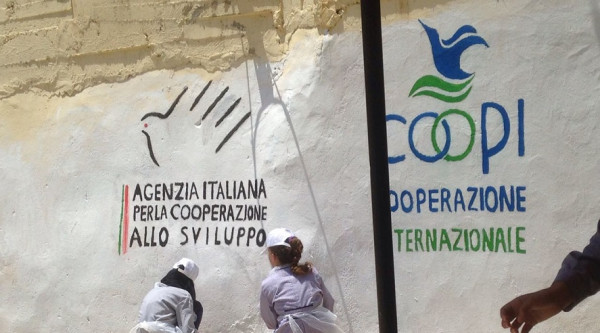In Libya, a significant deterioration of infrastructure resulting from the internal conflict has undermined the ability of institutions to provide the population with essential services, including electricity, water, roads, access to basic services and waste management. Here, COOPI works by providing municipalities with the necessary assistance and resources to re-establish the technical and administrative management of basic services. Since 2022, COOPI has been launching new activities, primarily focusing on the Governance and WASH sectors, with projects in Libya and resuming the promotion of business creation and livelihoods, with the ultimate goal of creating new job opportunities. In Libya, COOPI is currently present with its headquarters in Tripoli, and in the Fezzan region, particularly in the municipalities of Awal, Sinawn.
In Libya, local institutions are given support to strengthen their capacity to manage essential public services. In particular, in the Fezzan region – in the south-east of the country – COOPI and its partners have implemented a multi-year project integrating Governance and WASH components by supporting local authorities to improve public services in the field of water supply and drinking water, both for domestic and agricultural purposes. The project has benefited more than 70,000 people. In Libya, only 30% of the population has access to running water and is connected to a sewage system. The Fezzan region, in the south of the country, also lacks a management system for solid urban waste, which is dispersed in nature or improperly disposed of, thus creating a threat to the environment and the sanitary conditions of the population. To improve the delivery and quality of the services offered to the population, COOPI operates on the territory, together with its partners, to support the municipalities and the population in the Tripoli and Fezzan regions by:
- elaborating municipal plans for solid waste management;
- providing small infrastructure works, supply of water distribution and drinking
- water equipment;
- organizing multi-stakeholder participatory discussion tables on environment and
- equitable access to basic services;
- promoting the dialogue between local authorities and civil society representatives.


